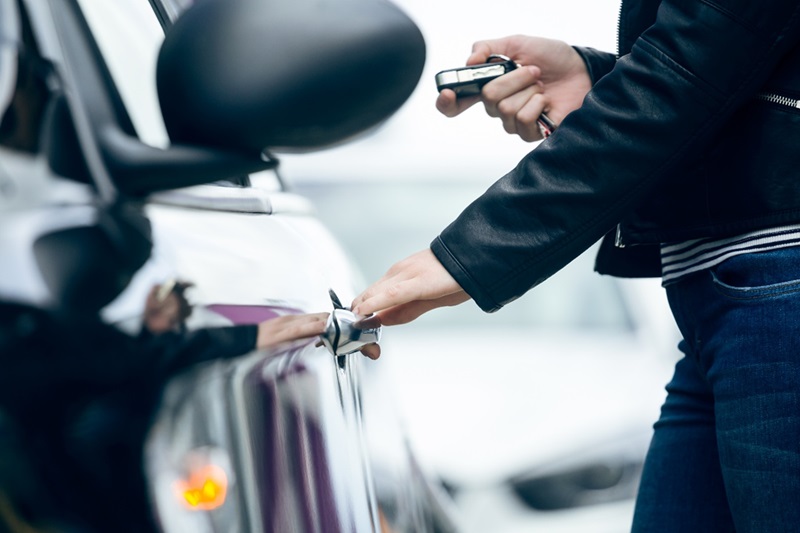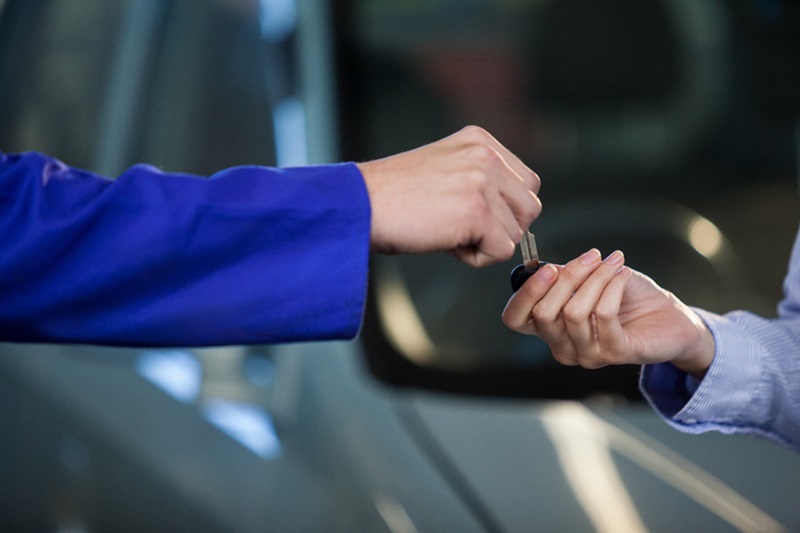Essential Steps to Take When You Need Replacement Car Keys

You’ve just finished shopping and you’re laden with bags, ready to drive home. As you reach into your pocket for your car keys, that sinking feeling hits — they’re gone. Or, maybe you’re home and about to rush for a crucial appointment, only to realise that your car keys are missing. Suddenly faced with the harsh reality that you’ve lost your car keys, you might wonder: What do I do next? How can I get a replacement? What does the process entail and how much will it cost?”
Losing or damaging your car keys can be a stressful situation, but it happens to the best of us. The good news is that there are ways to handle this calmly, quickly and effectively. As your go-to home and lifestyle guide, I’m here to walk you through the essential steps to replace your lost car keys, offering invaluable tips and precautions along the way.
Understanding Your Car Key Type
The first step in the car key replacement journey begins with identifying your car key type. Many people may not realise that there are three main types of car keys: traditional, transponder and smart. Understanding the distinctions between them are crucial in knowing what to expect from the key replacement process (cost, time, technology used).
Traditional keys are your standard metal keys, while transponder and smart keys contain a microchip that communicates with your car’s ignition system via a unique frequency.
Contacting Your Car Insurance Company
Did you know that some car insurance policies cover lost or stolen keys? However, many motorists are unaware of this. You could save yourself a lot of trouble and expense by checking your policy or contacting your insurance company ahead of the panic.
Your insurer could provide a locksmith service to create a new key or change your locks, so it’s definitely worth asking the question. Not all policies include this service, but it may just be an extra add-on to your existing cover.
Seeking Professional Assistance
Once you know your car key type and have checked your insurance coverage, the next crucial step is to contact a professional. This could either be a dealership or a qualified locksmith.
Often, people instinctively think about the dealership from where they bought their car, but a local locksmith may well be a quicker — and often more cost-effective — option. A professional locksmith can offer services for all types of car keys and technologies, and may be able to provide a quicker turnaround.
Programming a New Transponder Key
If your lost key was a transponder key, it might require programming. A professional locksmith or a dealership will have the equipment and expertise to do this. It’s crucial not to skip this step even though it might slightly increase the overall cost of replacement. Failure to program the key correctly could result in your car failing to recognize the new key.
Consider Installing a Key Finder
Once you have a new key, you might want to prevent the same misfortune from recurring. One tip is to invest in a robust key finder system. These devices can be attached to your keychain and synced to your mobile phone via an app, allowing you to locate your keys with a press of a button.
Weighing the Pros and Cons of Spare Keys

The debate about whether or not to have spare car keys has valid points on both sides. Having a spare key can be a lifesaver in time-sensitive situations when you lose your primary key. However, it also needs to be stored securely so it won’t fall into the wrong hands or likewise be lost.
Conclusion: Turning a Frustrating Situation into an Opportunity
While losing your car keys can indeed be frustrating, it’s a common issue that can be resolved with relative ease. By understanding your car key type, checking your insurance, enlisting professional help, considering a key finder, and weighing the pros and cons of having a spare key, you’ll turn this frustrating situation into an opportunity to upgrade your car keys’ security.
Although it entails an unplanned cost and a bit of hassle, this misadventure could well turn into an introduction to advanced car security technology. So the next time you or a friend is in a lockout situation, remember these steps, and turn the frenzy into an educated, calm response.